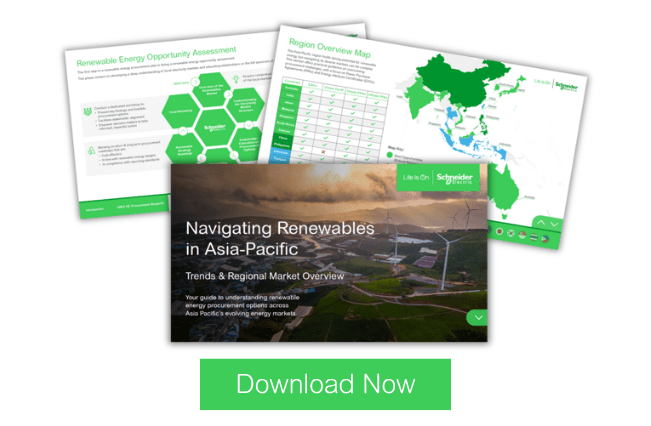Vietnam’s Renewable Energy Surge: Unlocking Corporate Value Through CPPAs
Vietnam’s Renewable Energy Surge: A CPPA-Driven Opportunity in Southeast Asia
 Vietnam is rapidly positioning itself as a regional leader in renewable energy. With bold net-zero targets and a wave of regulatory reforms, including the rollout of Corporate Power Purchase Agreements (CPPAs) under Decree 57, the country is opening its energy market to greater competition and innovation. This shift is creating new opportunities for corporates and developers to invest in solar, wind, and battery storage, accelerating Vietnam’s transition away from fossil fuels.
Vietnam is rapidly positioning itself as a regional leader in renewable energy. With bold net-zero targets and a wave of regulatory reforms, including the rollout of Corporate Power Purchase Agreements (CPPAs) under Decree 57, the country is opening its energy market to greater competition and innovation. This shift is creating new opportunities for corporates and developers to invest in solar, wind, and battery storage, accelerating Vietnam’s transition away from fossil fuels.
Vietnam’s Energy Landscape: Reform Meets Renewable Ambition
Vietnam’s power sector is undergoing rapid reform. The government is liberalizing the electricity market, alongside complimentary policies to allow Synthetic and Physical Corporate Direct Power Purchase Agreements (PPAs); paving the way for increased competition and private sector participation.
Today, coal and natural gas still dominate the energy mix, but the tide is turning. Hydropower remains significant, yet solar and wind are gaining ground, driven by investor confidence and policy support. Under Power Development Plan VIII (PDP8), Vietnam targets 30.9% renewables by 2030 and 47% by 2045, signaling a long-term commitment to clean energy.
CPPAs: A Strategic Pathway for Corporates
Vietnam is leading Southeast Asia in enabling CPPAs, allowing Large Manufacturing Consumers and EV charging businesses to directly source renewable energy from large-scale projects.1 This marks a shift from unbundled Energy Attribute Certificates (EACs) to more impactful, long-term energy sourcing strategies.
CPPAs offer eligible corporates:
- Access to Multiple Renewable Procurement Methods: Options for both Physical PPAs (private transmission) and Virtual PPAs (VPPAs); in addition to tradition unbundled EACs. The option of PPAs enables Corporates to invest meaningfully in Vietnam’s energy transition while meeting sustainability targets.
- Energy Price Stability & Potential Cost Savings: Long-term price certainty and cost savings are possible through PPA schemes.
These agreements empower companies to reduce their carbon footprint while managing procurement risks more effectively.
Challenges and the Road Ahead
Despite strong momentum, Vietnam’s PPA framework is still maturing. Developers and corporates face challenges such as:
- Limited regulatory precedent and successful PPA case studies due to the recent rollout of PPA schemes
- Grid access and curtailment risks
- Evolving market charges
With continued policy refinement and infrastructure upgrades, Vietnam can become a model for renewable energy deployment in emerging markets.
Why Vietnam Stands Out
Vietnam’s proactive stance on CPPAs, combined with its ambitious renewable targets and supportive policy landscape, positions it as a leading destination for clean energy investment in Asia Pacific. The country’s openness to innovation and international collaboration makes it a compelling market for corporates and developers seeking long-term sustainability and financial resilience.
Want the full picture on renewables in Asia Pacific?
.
Start with our latest report, Navigating Renewables in Asia-Pacific, which offers a clear, strategic overview of the region’s dynamic energy landscape - available for download now.
[1] Large Consumers must have an average of 200 MWh of monthly consumption over the last 12 months and a connection of at least 22kv. Eligible consumers must also be manufacturing clients, or EV-charging businesses.
